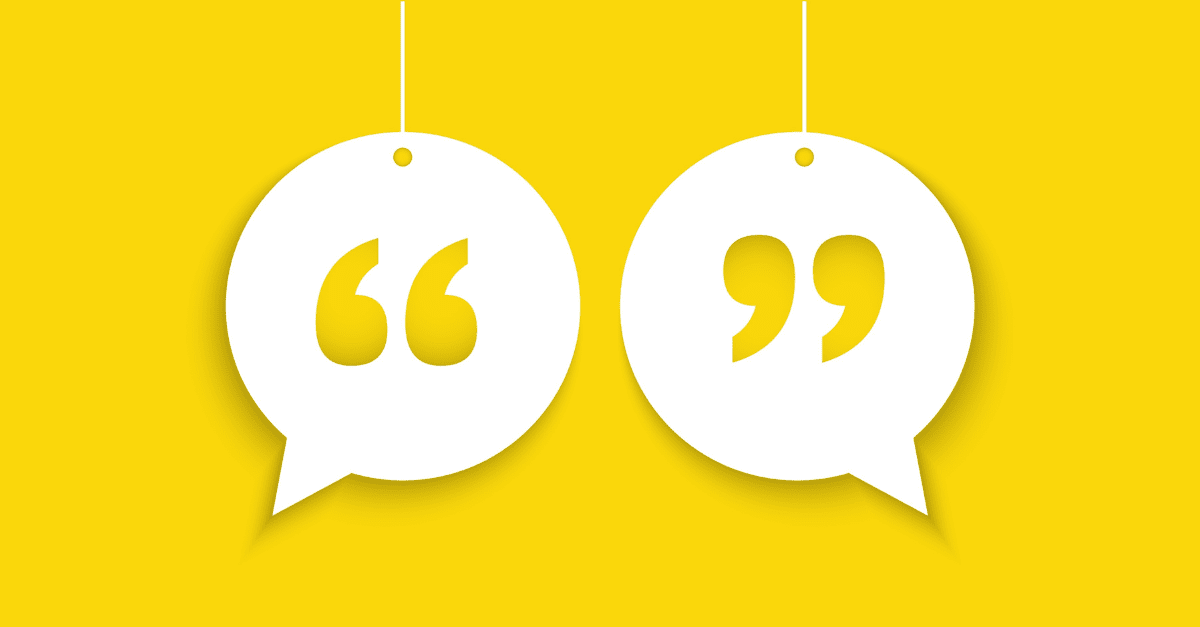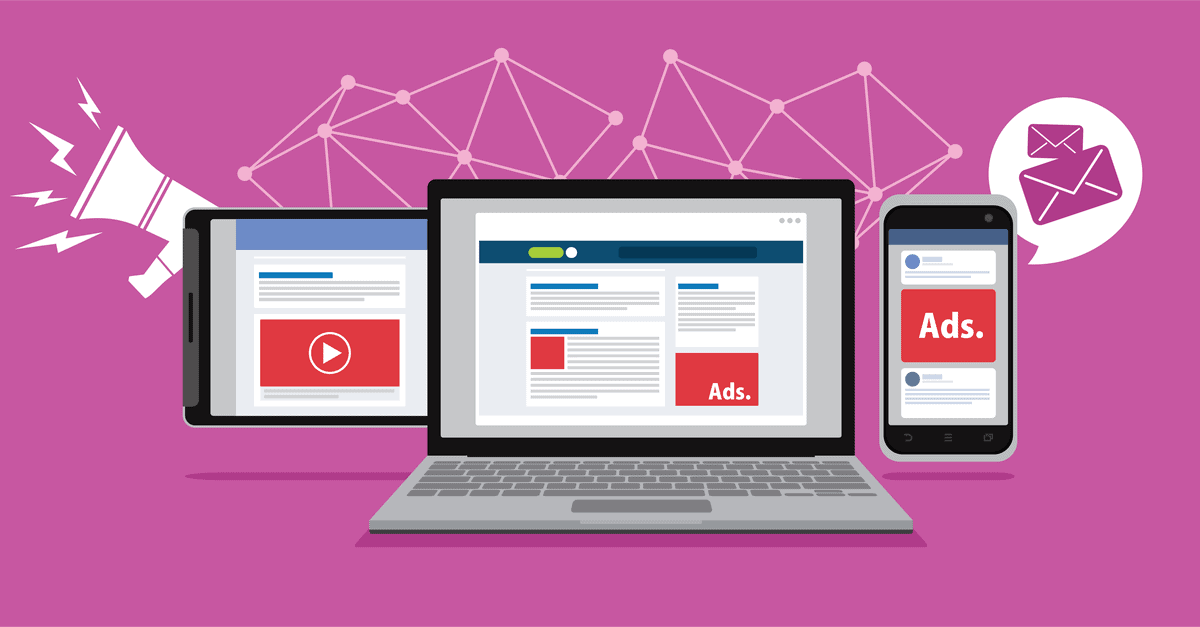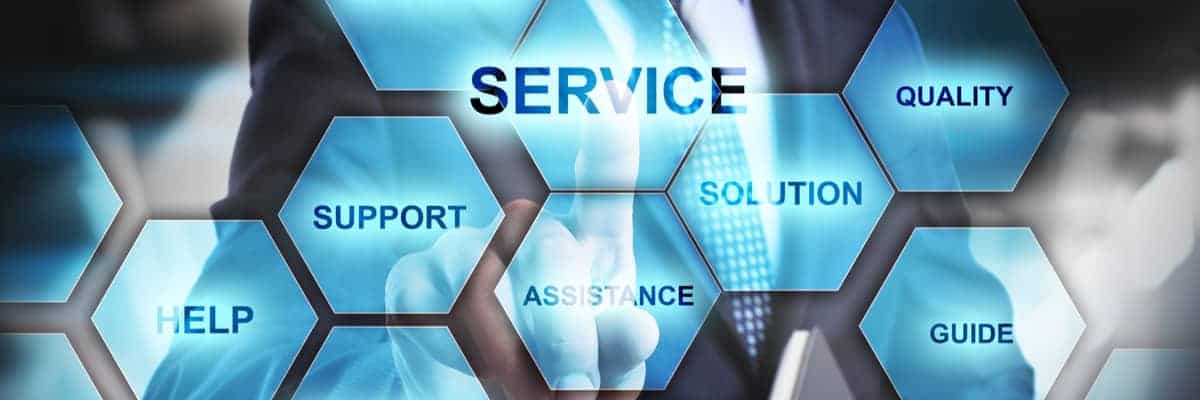
Link Between Quality Service And Customer Loyalty
Written By: Bell Zeidman
Our interpersonal skills and our selling styles often influence buying decisions more than our products or services do.
Sales training is great, but, we cannot expect sales training to sustain our success. Think about it.
You’ve lost sales despite using stellar selling skills.
You’ve won business even while breaking “Sales 101” rules. Right?
It’s Out Of Our Control
When we reflect on our wins and losses, we know that a multitude of variables come into play. Some are in our control, and many are not.
When we can’t get to the table or we lose deals, we can cite a laundry list of things which we can’t control.
To name some common ones: the economy; our company’s lack of resources for marketing and sales activities; our competitor’s wealth of resources; complicated company politics and decision making processes; unreasonable lawyers and “bean counters”; our clueless managers; the prospect’s clueless managers; our competitor’s brilliant managers.
Apply What You Learn
When we stop whining, which we all deserve to do, we rely on our self-confidence and our tenacity to keep on selling.
If not, it may be time to find another employer, find something else to sell, or find a different career.
Sales professionals rely on a variety of communication, interpersonal and selling skills.
We learn from formal training, from reading, from others, and from our own experiences.
We do control the choices we make about applying what we learn.
My formal sales training was enhanced by three other sources:
- Customer service training
- Meeting facilitation training
- Thirty years aboard the sales roller coaster
My sales results have usually improved when I have applied these lessons, which may have some relevance for your sales activities.
Differentiate Yourself by Providing Extraordinary Customer Service
Our interpersonal skills and our selling styles often influence buying decisions more than our products or services do.
Typically, buyers don’t recognize, or admit, that. To many buyers, our products and services look very similar to those of our competitors.
They buy US because they trust that our companies and our offerings will exceed their expectations as much as WE do.
Customer service training taught me that customers constantly judge and evaluate their interactions with their suppliers/partners.
My first priority is to tune into the perspective and expectations of the customer (aka suspect, prospect, client).
To do that, I have to consciously set aside thoughts about my sales objective, quota, and “pitch.”
The Internal Team
When “we/they” behavior between sales and support groups is rampant, our days can be filled with fire-fighting, arguing, smoothing feathers, pleading, etc.
We and our co-workers deserve the level of customer service quality that allows us to do our best work and to feel valued.
Improve Your Meetings To Improve Your Reputation And Results
Before attending meeting facilitation workshops, I concentrated all of my time and attention on my sales call objectives and the content of my meetings.
I learned a collaborative process that changed my orientation and dramatically improved my meetings and presentations.
While there are many elements that contribute to success, there’s one that is foundational.
Begin each meeting by gaining agreement on the outcomes that will be achieved before it ends.
This ensures common expectations about what will be accomplished and helps regain the group’s focus when things go off track.
Create the outcomes from the participants’ point of view, so they share responsibility for getting to the outcomes with you.
Review The Outcomes You Expect
Here’s an example of the power of this step. I was in the final stage of a sales cycle, and it was time to present a proposed solution to a small group of stakeholders.
My due diligence was done.
My key contact (recommender) had confirmed that the decision maker would be in the room with him, along with a few influencers and implementers.
I designed the meeting outcomes with input from my contact.
After the normal sizing up of the group and adapting to their need/tolerance for personal conversation, I started the presentation by reviewing the outcomes we could expect at the end of the hour:
- Shared understanding of how XYZ’s proposed solution will address ABC Co.’s business needs
- A high-level plan for how XYZ Co. will partner with ABC to ensure successful implementation
- A decision on whether to move forward together
I asked if they had any questions–or wanted to add or modify anything–in order to agree that these were our objectives.
The decision maker instantly told me that he wasn’t going to make any decisions in the meeting, and they were still planning to meet with other vendors.
That was great to know in advance. I dropped the last outcome statement, and easily shifted my approach to fit this new information about the sales situation.
When I de-briefed with my key contact, he apologized for misleading me.
Apparently, he didn’t do his own due diligence with internal stakeholders and made assumptions about where things stood with his recommendation.
I commiserated and focused the conversation on how he thought the meeting went and next steps. After a few weeks, I received word that we won the business.
We’re Never As Good Or As Bad As Our Numbers
Many of us choose sales careers for the autonomy, earnings potential, recognition, and results orientation.
We thrive on the highest of highs and bemoan the lowest of lows.
Experience has taught me to expect to be on top and expect to be on the bottom.
The challenge is to find ways to detach from both. One way is to find your balance, whatever that means to you.
Our Own Sense Of Balance Is Critical To Our Self-Management
When I am able to find my physical center and calm my mind, my focus is sharper and my interactions with others improve.
I can hear, feel and move with their rhythms. I can hear and trust my own instincts.
We establish our personal brand through our approach to each won and lost deal.
We break free of sales stereotypes when we use our education and experience to become the brand we want to be.
Winning each deal is our destination.
Sales training is great for paving the way, but the most exciting part of each journey is the self-discovery process.
About the author
Bell Zeidman
Bell Zeidman has enthusiastically ridden the sales roller coaster for thirty years. She has…
Get FREE Sales Training Delivered to Your Inbox
Join more than 360,000 professionals who get our weekly newsletter.
Related Articles

Learn Online
Self-paced courses from the
world's top sales experts

Virtual Training
Live, interactive instruction in small
groups with master trainers

Coaching
One-to-one personalized coaching
focused on your unique situation






